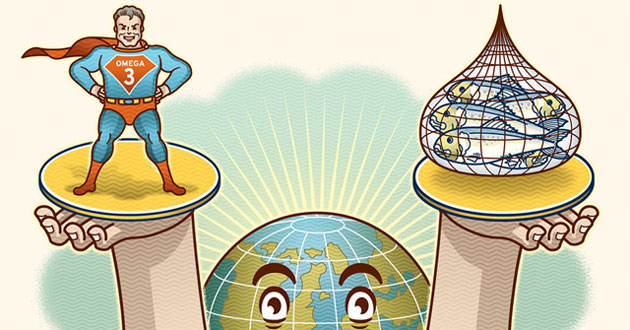sierraclub.org - sierra magazine - nov/dec 2011 - grapple: as the world warms
The Christmas Tree Curse | Thou Shalt Not Smite Thy Manatee | Old MacDonald's Carbon Footprint |
As the World Warms | Woe is Us | Up to Speed
AS THE WORLD WARMS
Quick thinking before we slowly fry
As the solar industry heats up, new green-collar jobs are eclipsing traditional blue-collar ones. Last year the U.S. solar industry employed 93,500 workers—twice as many as in 2009 and 9,000 more than the steel industry. This year the number of solar jobs is expected to grow by 26 percent, to 117,500—not bad, given that the rest of the economy is growing by only 2 percent.
Sure, cars cause climate change, but they're awfully convenient for getting from place to place. Maybe too convenient. In an attempt to boost walking, cycling, and public transit, Paris, Amsterdam, Zurich, Copenhagen, New York, San Francisco, and other cities have replaced parking spots with bus lanes, bike lanes, and even tiny parks. The result: less driving. As one study of the phenomenon notes, "every car trip begins and ends in a parking space, so parking regulation is one of the best ways to regulate car use."
Offshore oil development is bad for cetaceans—hundreds were killed by the Deepwater Horizon blowout last year. But what about offshore wind farms? To find out, Dutch researchers tracked the acoustic activity of harbor porpoises before and after construction of Holland's Egmond aan Zee wind farm in the North Sea. To their surprise, they found significantly more porpoises in the area once the wind farm was built, either because the pilings created a reeflike foraging ground or because boats have to keep their distance. —Dashka Slater

Peter and Maria Hoey
ON THE ONE HAND . . .
Omega-3 fatty acids are essential for promoting immune function and cell growth and preventing blood clots. Ancient peoples consumed plenty of them via small oily fish, free-range game, wild greens, and even seaweed. Now that most of us rely on grain-fed meat, farmed fish, and bagged salad, we pop omega-3 supplements instead to protect against hypertension, heart attack, autoimmune disease, depression, stroke, cancer, and Alzheimer's.
ON THE OTHER . . .
Menhaden are small bony fish bursting with omega-3s, which is why they're being vacuumed out of the Atlantic for use in supplements and livestock feed. Since 1984 their numbers have shrunk by 88 percent, which isn't just bad news for menhaden. The wee fish are vital chow for aquatic predators like mackerel, striped bass, tuna, and dolphins, some of which are now showing signs of malnutrition. Humans can find alternative sources of omega-3s in sardines, flaxseeds, and walnuts. —D.S.
Woe Is Us